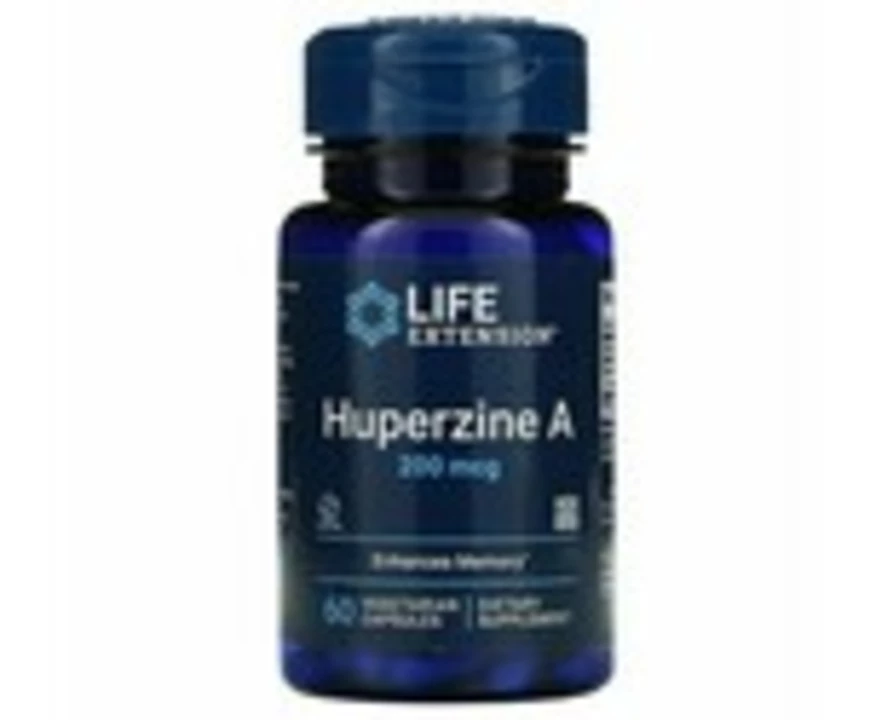Theaflavin: What It Does and How to Use It Safely
What if a compound in black tea could help your heart, calm inflammation, and boost antioxidant defenses? Theaflavin is one of the main polyphenols formed during tea fermentation. Scientists have been studying it for effects on cholesterol, blood pressure, and blood sugar. You can get theaflavin by drinking black tea or taking concentrated supplements, but dose and quality matter.
The strongest evidence links theaflavin to improved blood vessel function and lower LDL cholesterol. Small clinical trials show modest drops in LDL and better flow-mediated dilation after regular intake. Animal studies and lab tests also suggest anti-inflammatory and antioxidant actions that might protect liver cells and reduce oxidative stress. That does not mean theaflavin is a cure, but it could be a useful part of a heart-healthy routine.
How to get theaflavin
Drinking two to four cups of black tea daily gives a practical amount of theaflavin without added cost. Tea quality, brewing time, and water temperature change levels: longer brewing and hotter water release more polyphenols. If you prefer supplements, look for standardized extracts that list theaflavin content. Choose brands with third-party testing and clear batch information to avoid low-quality products.
Safety, side effects, and who should be careful
Theaflavin from tea is safe for most adults when consumed in normal amounts. High-dose extracts may cause stomach upset, headaches, or interact with medications like blood thinners. People on anticoagulants, those with iron-deficiency anemia, pregnant or breastfeeding women, and people with liver conditions should check with a healthcare provider before using concentrated theaflavin supplements. If you take medicines for blood pressure or cholesterol, ask your doctor about combining them with tea extracts.
How long before you see benefits? For blood markers like cholesterol, expect weeks to months of regular use for measurable changes. For short-term antioxidant effects, improvements in markers of oxidative stress can appear in days in lab tests but clinical relevance varies. Monitor results with your clinician and don’t stop prescribed treatments in favor of supplements.
Practical tips: use loose-leaf black tea when possible, steep 3 to 5 minutes in near-boiling water, and avoid adding too much sugar. When choosing supplements, check for third-party testing seals and avoid proprietary blends that hide the actual theaflavin amount. Start with a low dose to test tolerance and track any side effects.
Research is promising but not definitive. Theaflavin looks like a supportive compound for heart and metabolic health, not a replacement for proven medications or lifestyle changes. Use it as part of a balanced diet, regular exercise, and routine medical care. If you want specific dose advice or have medical conditions, talk to a healthcare professional who knows your history.
If you care about sourcing, organic black tea and transparent supplement labels matter. Compare extraction methods and read reviews. Some labs measure theaflavin directly; others report total polyphenols. Prioritize clear labels, refund policies, and visible lab reports to avoid low-dose products and fake claims. Start small and track changes carefully daily.
Revolutionize Your Health with Theaflavin, the Miracle Dietary Supplement
I've recently discovered Theaflavin, a miracle dietary supplement that has truly revolutionized my health. This powerful antioxidant is found in black tea and has numerous health benefits, from boosting the immune system to improving heart health. Since incorporating Theaflavin into my daily routine, I've noticed a significant improvement in my overall well-being. If you're looking to make a positive change in your health, I highly recommend giving this incredible supplement a try. Trust me, you won't be disappointed!
Keep Reading
